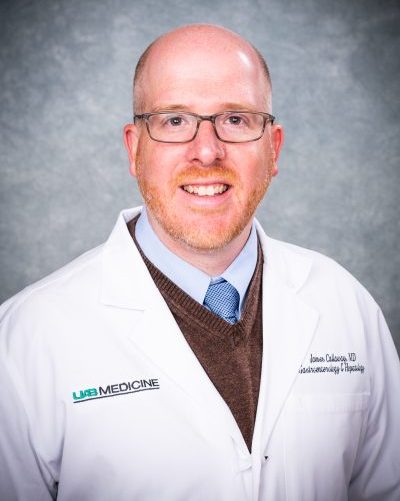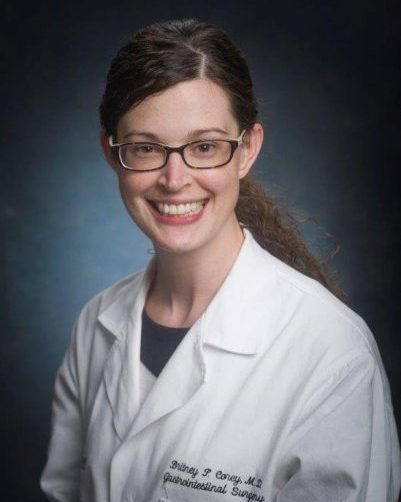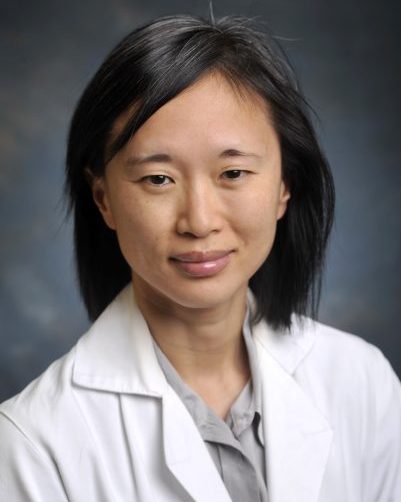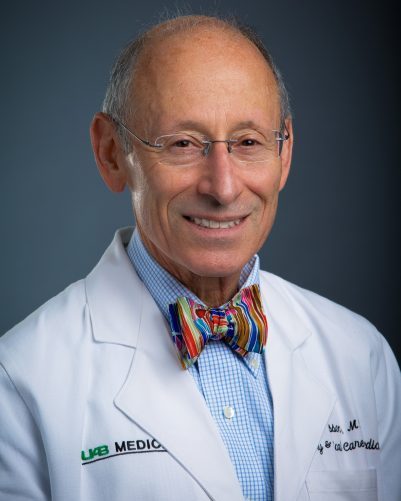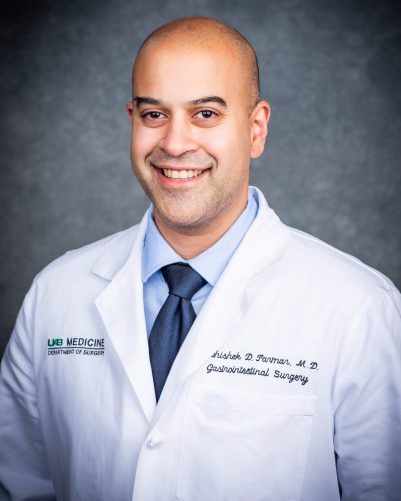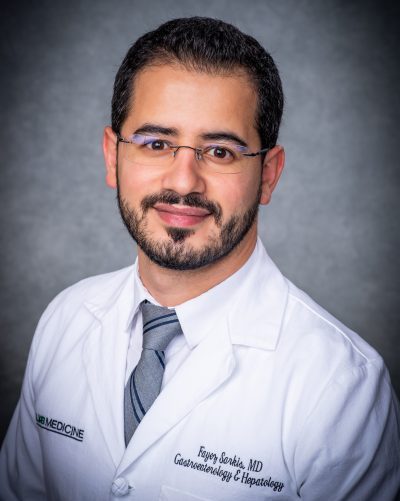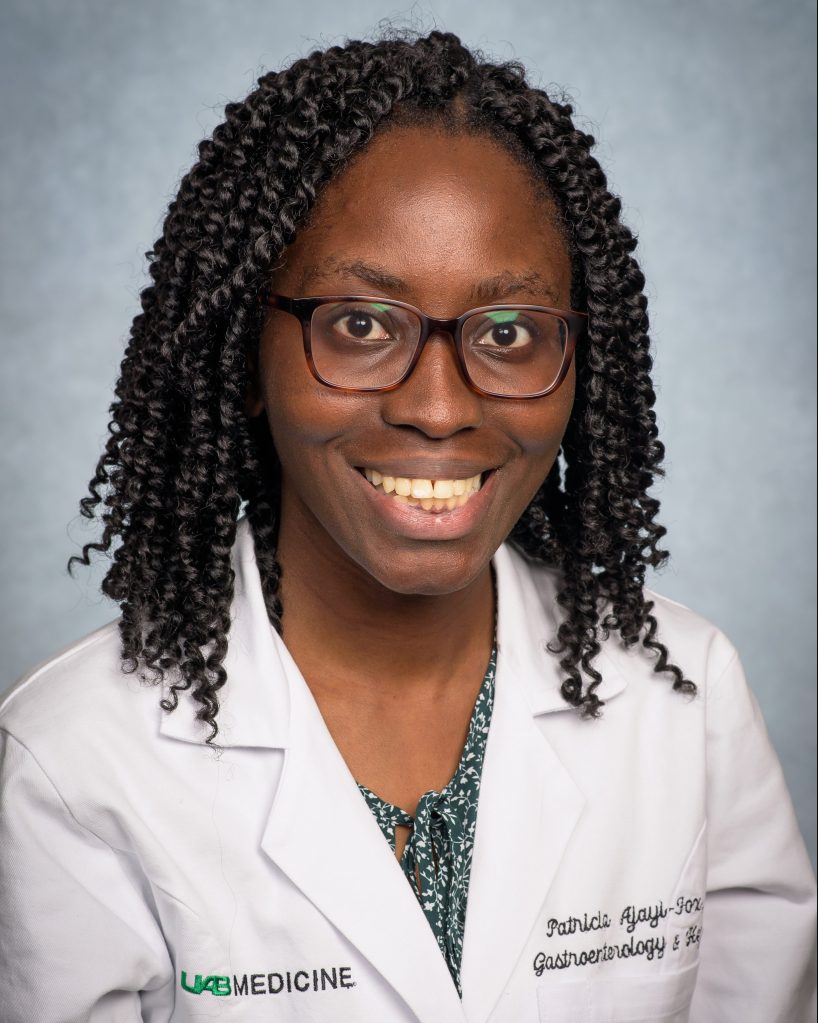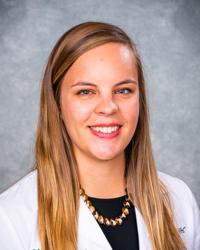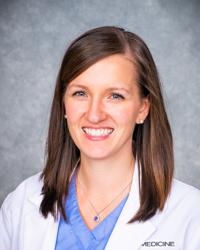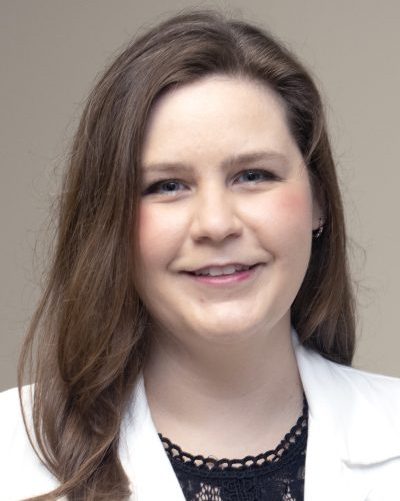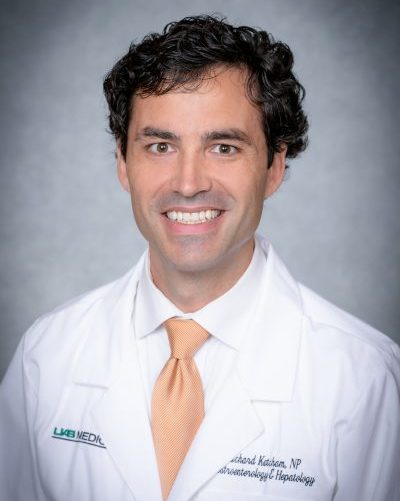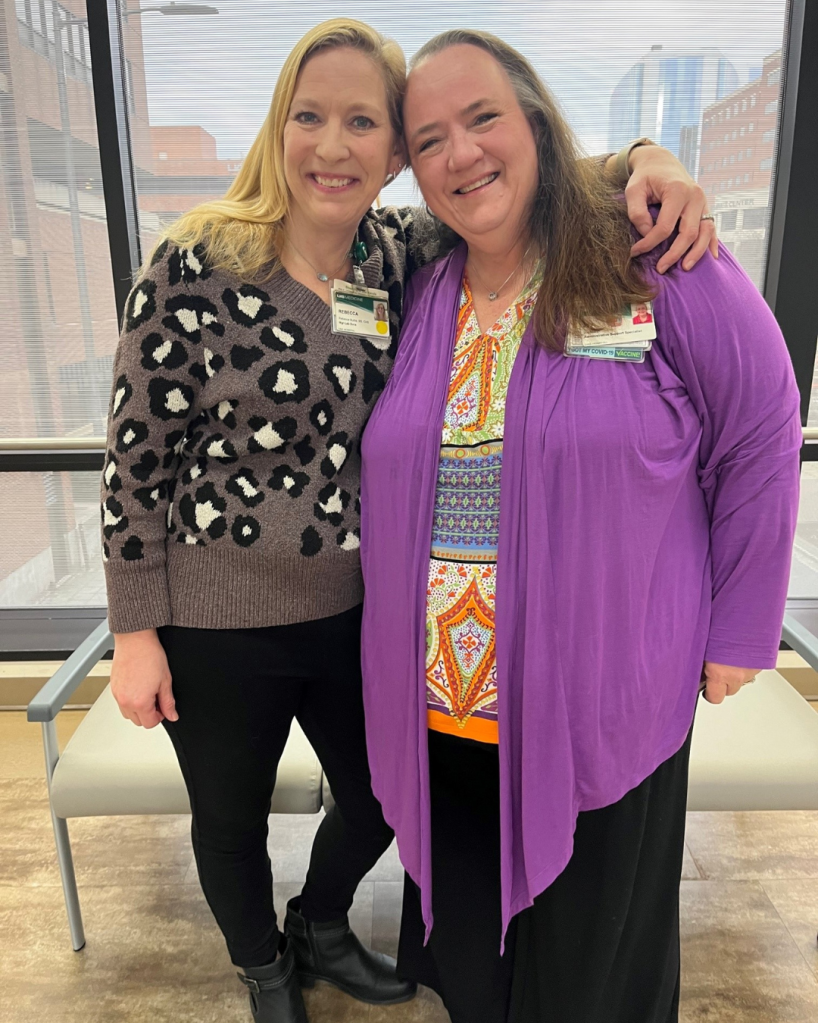Gastroesophageal reflux disease (GERD) occurs when the muscle at the end of the esophagus (the “food tube” that connects the mouth to the stomach) does not close properly, allowing stomach acid to flow back up into the esophagus. Many people suffer occasional heartburn or the taste of stomach acid in their mouth, but when it happens twice or more in a week, it is considered GERD. It can feel like a burning sensation, as stomach acid irritates the lining of the esophagus. GERD also can feel like asthma, a dry cough, or difficulty swallowing. GERD can affect people of any age, and untreated cases can disrupt daily life and even lead to more serious conditions.
Treatment options for GERD include medications or surgery. Medications include calcium carbonate, which treats immediate symptoms of GERD by reducing acid levels in the stomach, as well as H2 blockers (H2Bs) and proton pump inhibitors (PPIs), which decrease production of stomach acid over the longer term. These medications can be purchased over the counter or prescribed by your doctor.
Surgical procedures to address GERD include Nissen fundoplication and implantation of a LINX device (see more below). The following three tests are required to determine if you are a candidate for anti-reflux surgery:
- Esophageal pH testing, which tests for acid in the esophagus
- Manometry/motility testing, which measures pressure in the esophagus and swallowing
- Endoscopy procedure, which allows doctors to see inside the esophagus and stomach using an endoscope (a flexible tube with a tiny camera on the end that is inserted through the mouth into the stomach)
Nissen fundoplication: This is the most studied anti-reflux procedure. Studies show that it is superior to other anti-reflux procedures in most cases, and 85-90% of patients see their symptoms improve. With the Nissen fundoplication, the stomach is wrapped around itself to create a tight opening (sphincter) that helps prevent acid from reaching the esophagus. It is a minimally invasive procedure, which means that only small incisions (cuts) are required. The surgery takes about 2-3 hours and changes the patient’s normal anatomy, so it can cause side effects such as difficulty belching and gas-bloat syndrome.
The LINX device: This is a small, flexible band of magnetic beads that is wrapped around a weakened lower esophageal sphincter (LES), which is the valve or muscle between the stomach and esophagus that serves as the body’s natural barrier to reflux. Once implanted by a surgeon, the magnetic band – about the size of a quarter – opens when a patient swallows food and then closes to prevent stomach acid from flowing back into the esophagus. The minimally invasive procedure takes about an hour, and many patients are able to go home within 24 hours, with no further need for daily medication.
Other surgical options for treating acid reflux are also available, and your surgeon will help you decide which procedure is right for you. In general, anti-reflux surgery presents low risk, with only 1-4% of patients experiencing complications. The procedures are minimally invasive, using laparoscopic or robotic techniques that require only small incisions, and most patients spend just 1-2 days in the hospital.
UAB Medicine is known worldwide as a leading center for digestive and liver disorders. Our gastroenterology and gastrointestinal (GI) program is consistently ranked among the top programs of its kind in the nation by U.S. News & World Report. We see more than 20,000 patients and perform more than 12,000 outpatient procedures each year.
Our specialty at UAB has a notable history. The inventor of the endoscope, Basil Hirschowitz, MD, founded our program more than 50 years ago. His innovation revolutionized GI and other diagnoses around the world and continues to inspire us today. Our interventional endoscopy group, which includes endoscopic ultrasound, is one of the busiest in the country and has grown to become one of the most prestigious, both clinically and academically.
UAB continues to lead advancements in gastroenterology by participating in many research trials of promising drug therapies and other treatments for digestive disorders. Our physicians and scientists are searching for causes and cures for many GI illnesses through basic research, including studies of the bacteria that inhabit our intestines and affect our health.
Care Providers
Resources
Related Specialties
Clinical Trials
Speak to your physician about your options and browse the link below for more information
Latest News
View All News-
UAB researchers uncover shared response to dominant commensal bacterial flagellin epitope in Crohn’s patients and healthy infants
January 30, 2025
-
UAB receives renewed funding for colorectal cancer screening project
November 18, 2024
-
UAB celebrates milestone with 3,000 adult liver transplants
September 26, 2024
-
UAB Hospital continues to be the best hospital in Alabama, Birmingham metro, according to U.S. News & World Report
July 16, 2024
-
UAB to offer free colonoscopy screenings to under- and uninsured for second consecutive year
May 21, 2024

